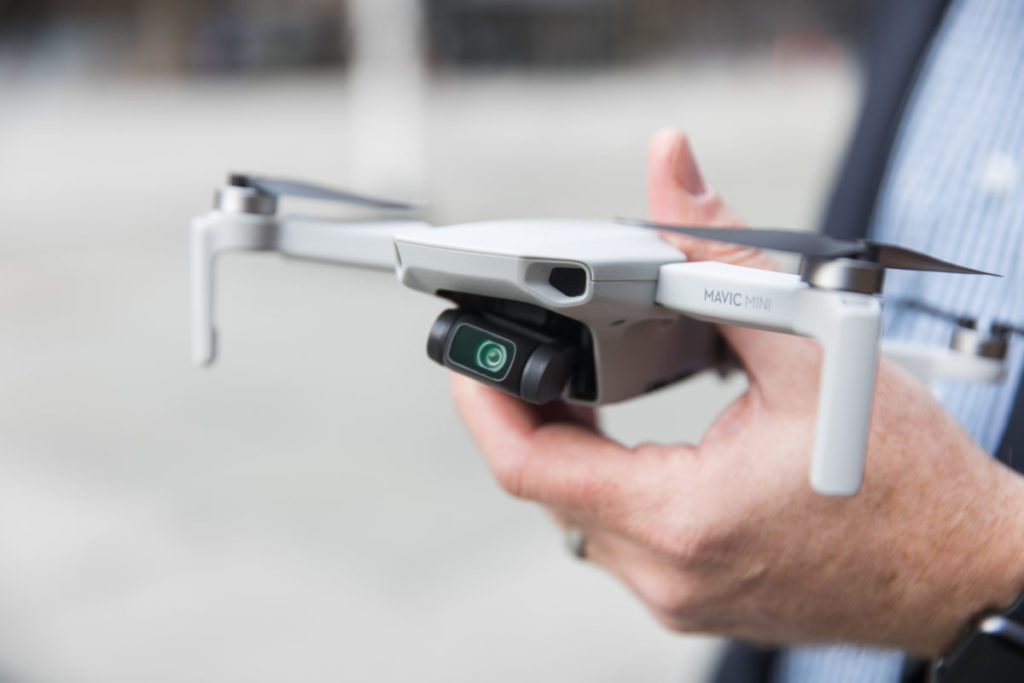City Council push to legalize drones for facade inspections

Send in the drones!
Following two deaths in the past month caused by debris falling from buildings, the City Council is taking steps to legalize the use of drones for property facade inspections.
“Where people walk our streets, they have a reasonable assumption that they are safe from danger,” City Councilmember Robert Cornegy said Monday at a press conference before a hearing on the proposal. Cornegy, who represents Bedford-Stuyvesant and Crown Heights, chairs the Committee on Housing and Buildings.

Brooklyn Boro
View MoreNew York City’s most populous borough, Brooklyn, is home to nearly 2.6 million residents. If Brooklyn were an independent city it would be the fourth largest city in the United States. While Brooklyn has become the epitome of ‘cool and hip’ in recent years, for those that were born here, raised families here and improved communities over the years, Brooklyn has never been ‘uncool’.